Register your expression of interest through the Registration Link provided.




Welcome to the "Advanced Penetration Testing: Mastering Cyber Intrusions" workshop!
Date : 18th April 3-5 PM
Pre Workshop Online Meeting - 16th April
Powered by


About Practical Workshop
Participants will dive deep into the intricacies of penetration testing, exploring advanced techniques and methodologies through hands-on exercises, real-world case studies, and interactive discussions. Key topics covered include advanced reconnaissance, network enumeration, post-exploitation tactics, and best practices for reporting and remediation. Throughout the Workshop students will get Practical insights about Cybersecurity and Penetration Testing and how to write Penetration Testing Report.
Registration and Workshop Pre-requisites
-
-
Please go through carefully the Student Handbook which we will share after your registration.
-
Your prompt action in completing the registration is highly appreciated.

Venue Details
-
University City Rd
University City - Sharjah
United Arab Emirates
GENERAL RULES FOR WORKSHOP
All participants have to show their ID proofs/ verified Profiles to verify them during entry to the hall
-
Lab Preparation: Ensure that students come prepared with the necessary lab installations as outlined in the provided guide. This includes having the required software, tools, and virtual environments set up before the workshop begins.
-
Ethical Conduct: Emphasize the importance of ethical conduct throughout the workshop. Students should refrain from attempting to hack into systems or applications outside of the designated lab environment. Unauthorized hacking attempts can have legal consequences and undermine the purpose of the workshop.
-
Confidentiality: Stress the importance of confidentiality regarding any sensitive information shared during the workshop. This includes discussions about security vulnerabilities, penetration testing methodologies, and personal experiences. Encourage students to respect the privacy of their peers and refrain from sharing confidential information outside of the workshop.
-
Disclaimer: Provide a disclaimer at the beginning of the workshop to clarify the scope and purpose of the activities. This should include a statement about the workshop being conducted for educational purposes only and that any techniques or tools demonstrated should be used ethically and responsibly.
-
No Malicious Activities: Explicitly prohibit any malicious activities or attempts to cause harm to systems, networks, or data. Students should only perform penetration testing activities within the controlled lab environment and with the explicit consent of the workshop organizers
-
No Distribution of Malware: Prohibit the distribution or sharing of malware, exploit code, or other malicious software during the workshop. Encourage students to focus on defensive strategies and responsible vulnerability disclosure rather than engaging in offensive cyber activities.
-
Respect Lab Environment: Encourage students to respect the integrity of the lab environment and avoid actions that could disrupt or damage the systems or network infrastructure. This includes refraining from unauthorized configuration changes, network scanning, or other potentially disruptive activities.
-
Report Security Incidents: Encourage students to report any security incidents or concerns to the workshop organizers immediately. This includes any accidental breaches of confidentiality, suspected security vulnerabilities, or instances of inappropriate conduct.
-
Professionalism: Maintain a professional demeanor throughout the workshop. This includes communicating respectfully with facilitators and peers, following instructions promptly, and adhering to the workshop schedule.
-
Continuous Learning: Encourage students to approach the workshop with a mindset of continuous learning and improvement. Emphasize the value of ongoing education and professional development in the field of cybersecurity.
All participants are required to read the workshop rules carefully and fully agree to them before proceeding to register.
Workshop FAQ
1. What is penetration testing, and why is it important?
Penetration testing is a proactive cybersecurity practice of identifying and exploiting vulnerabilities in a network, system, or application to assess its security posture. It helps organizations identify weaknesses before they can be exploited by malicious actors, allowing them to strengthen their defenses and mitigate potential risks.


